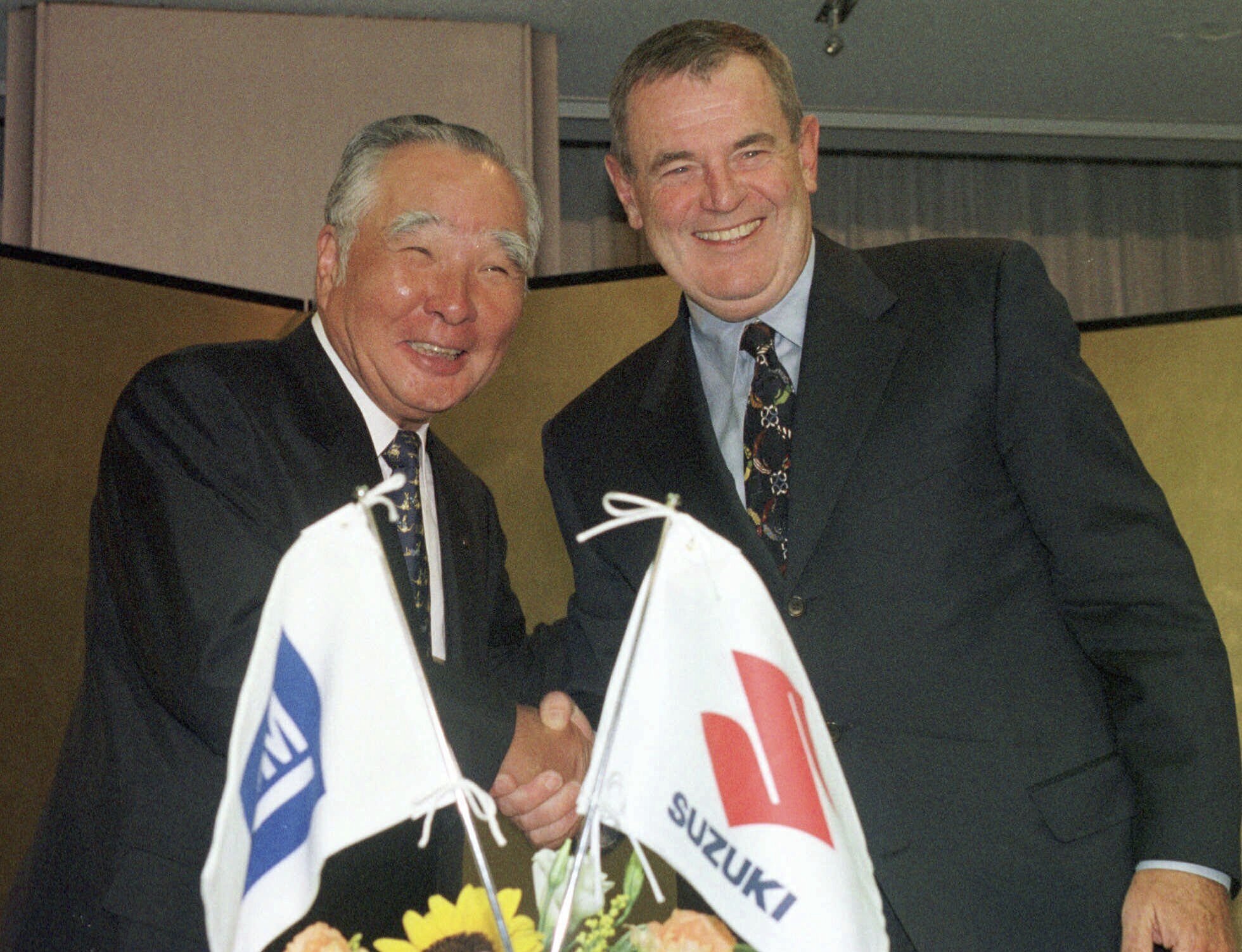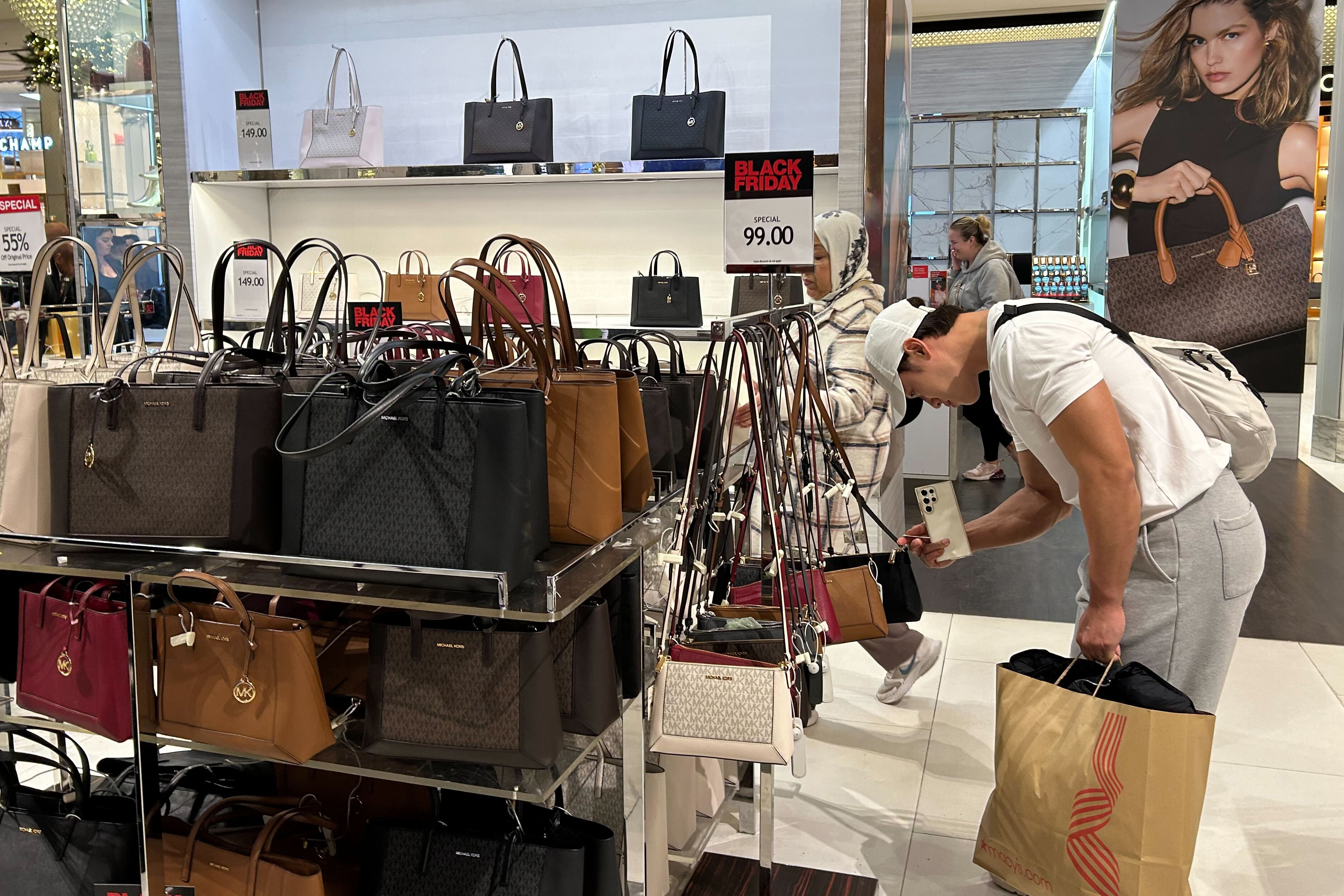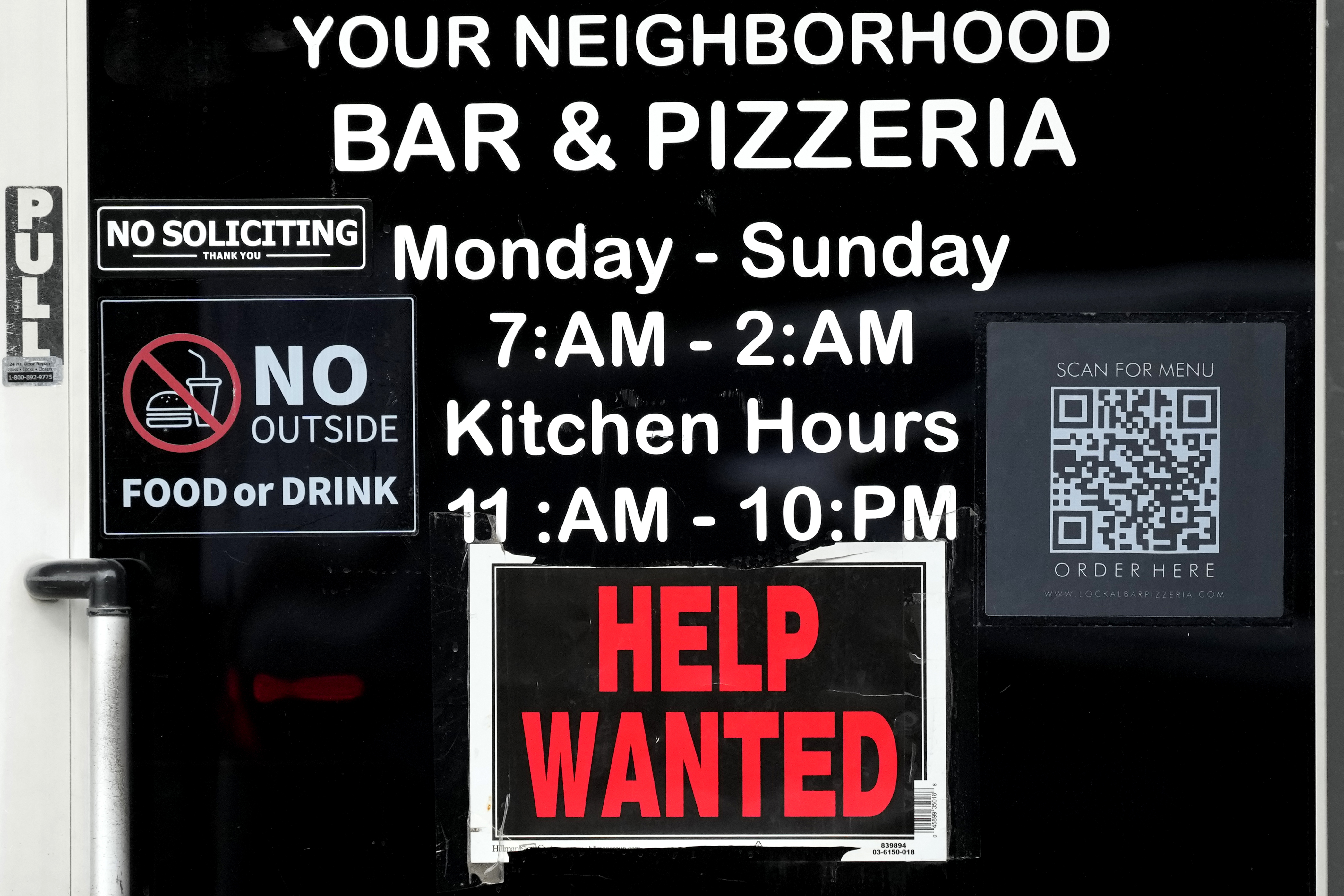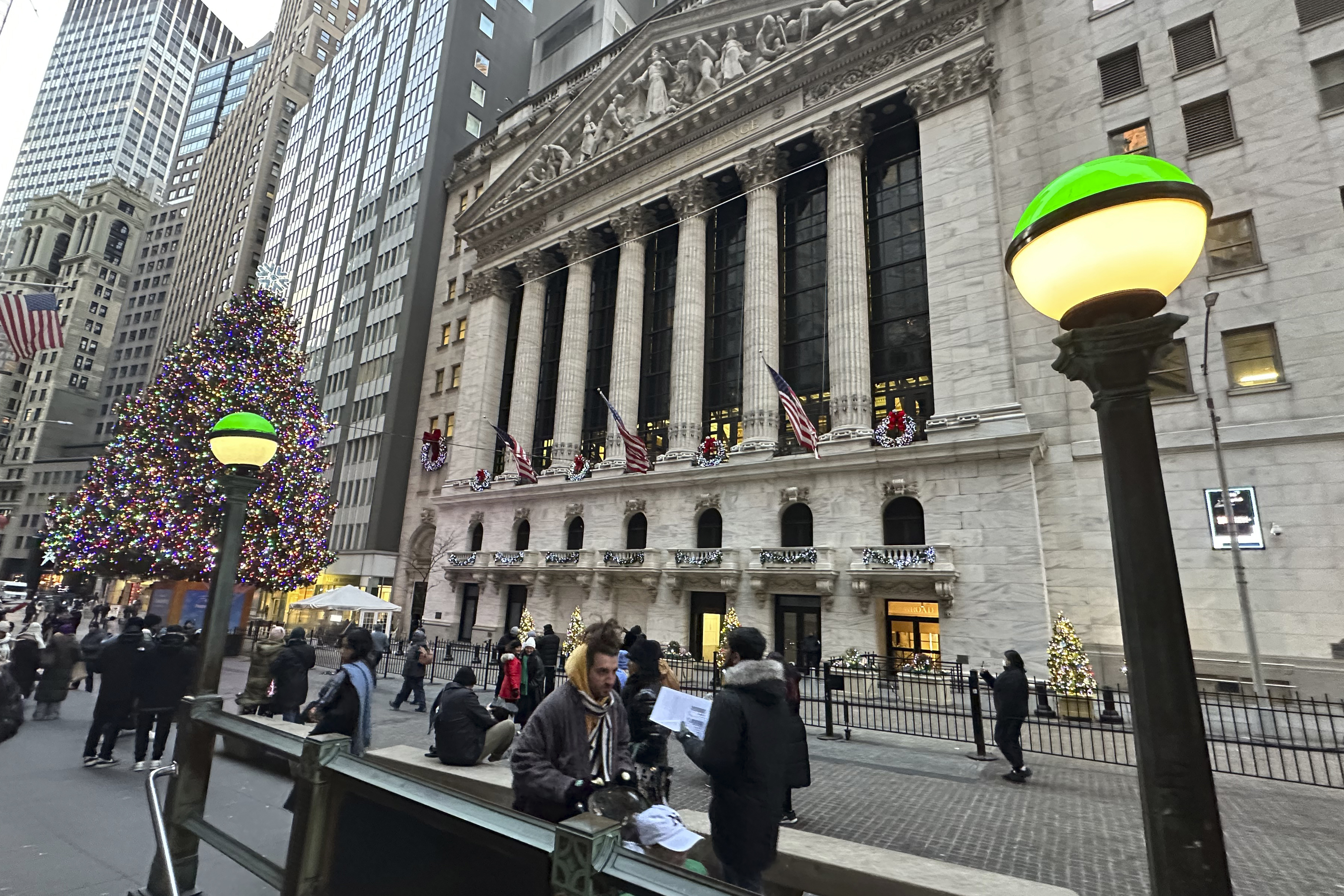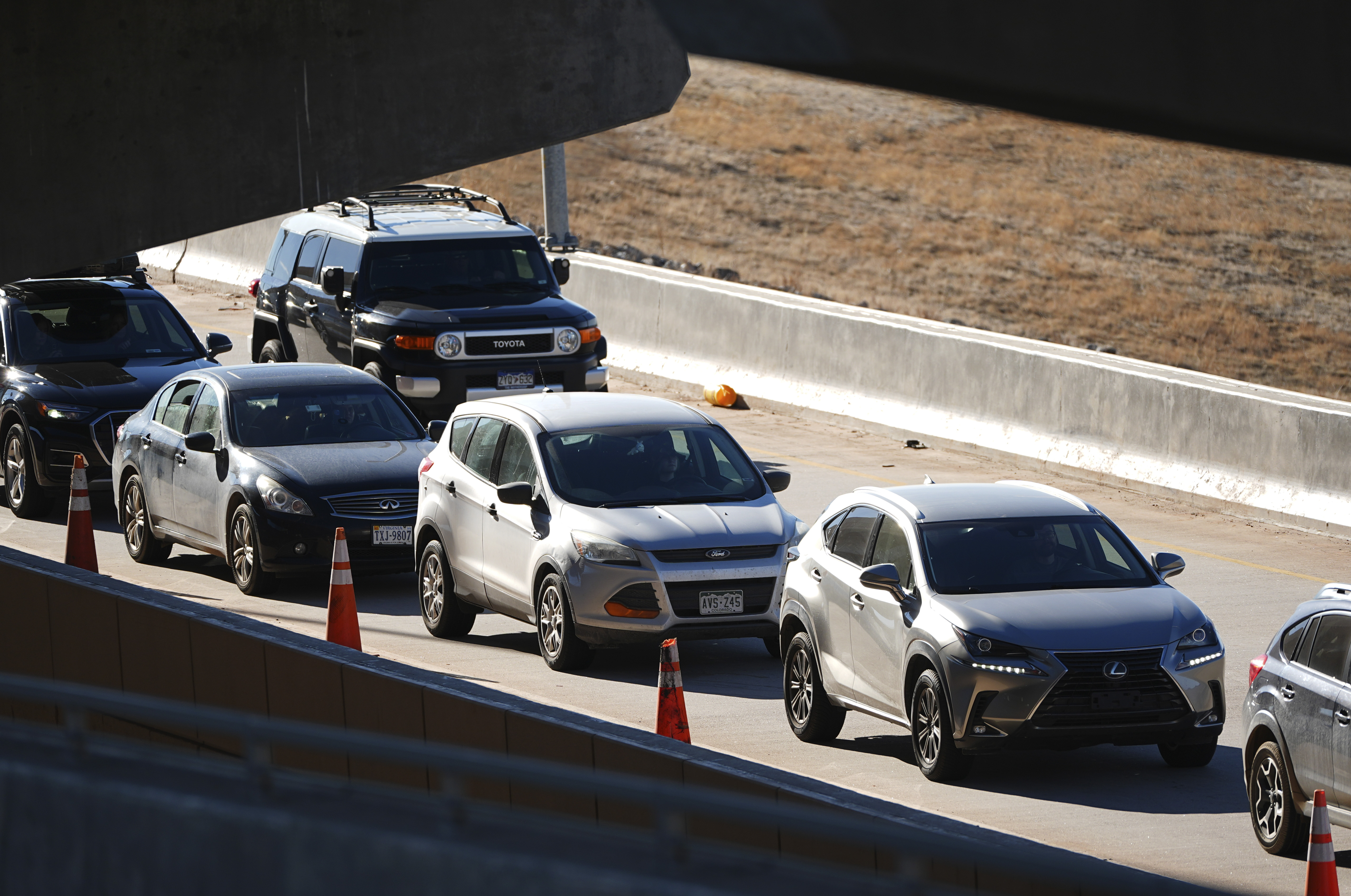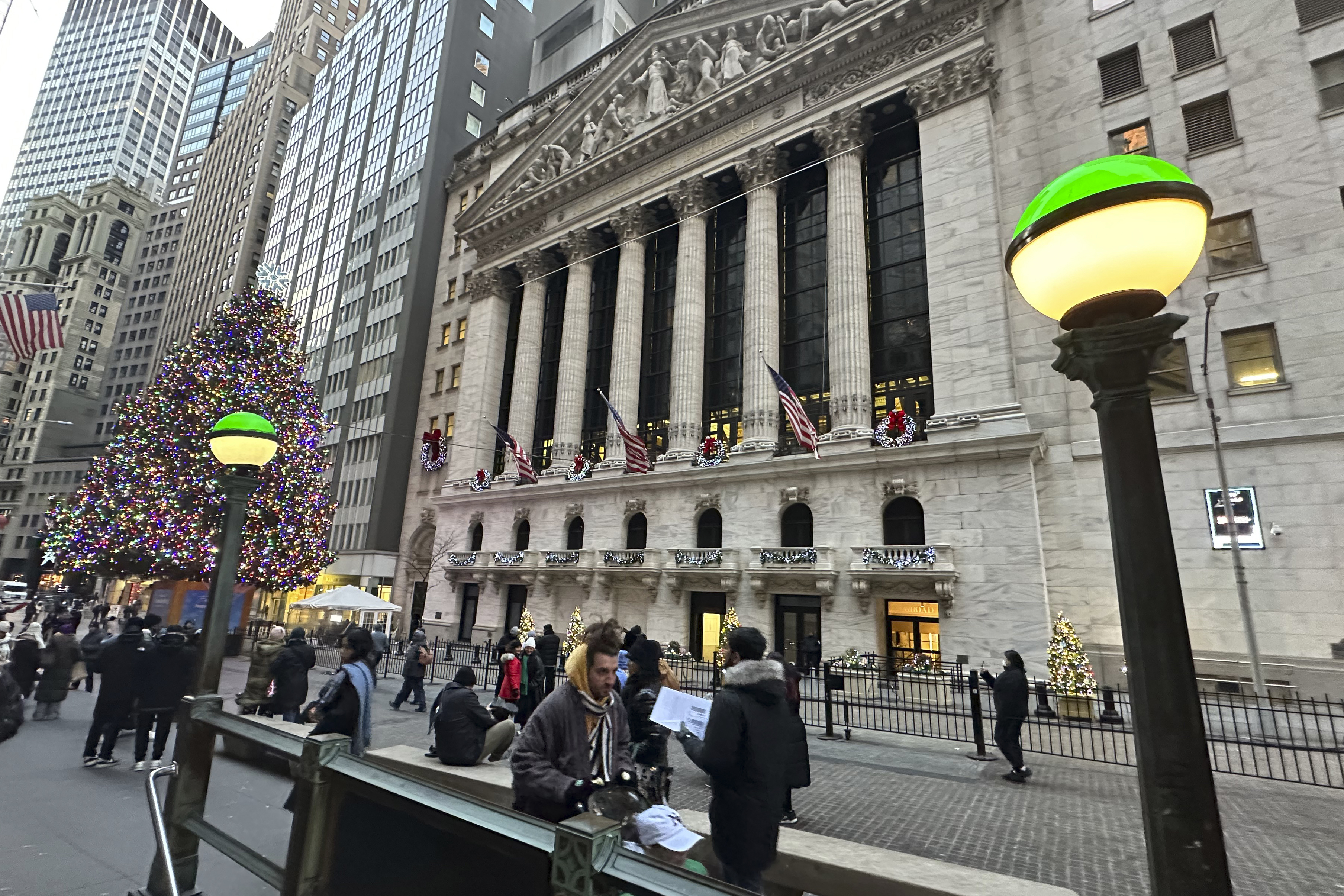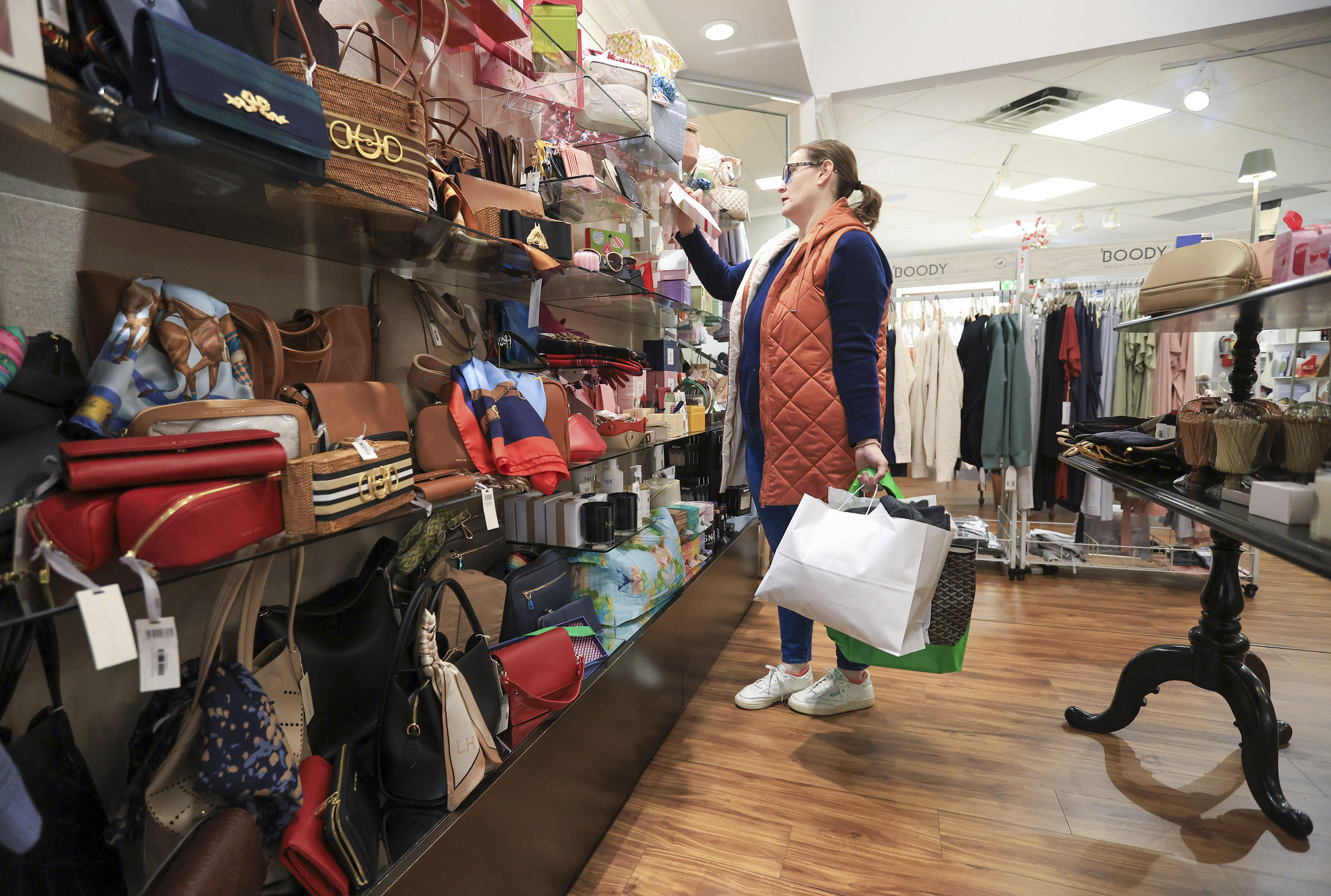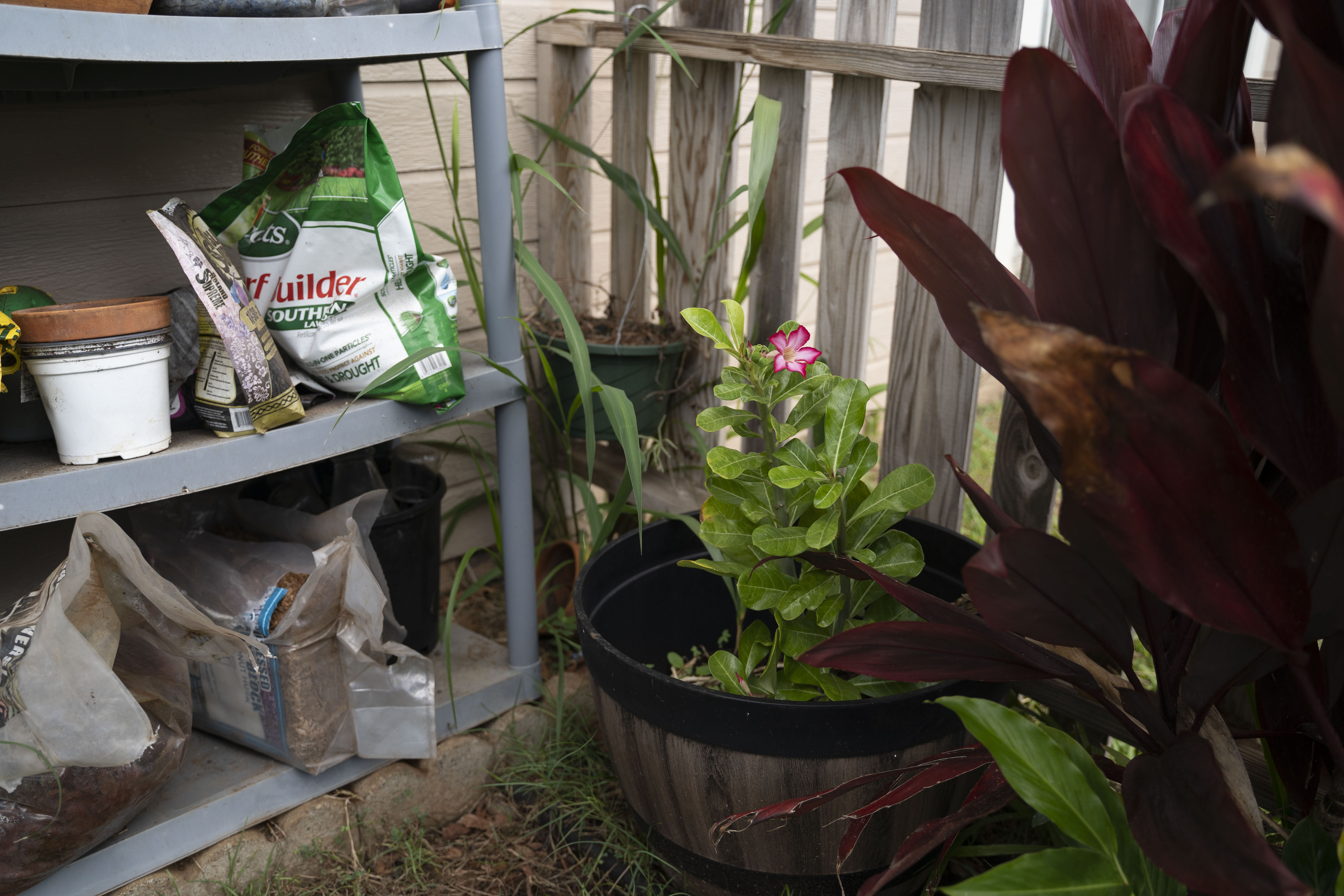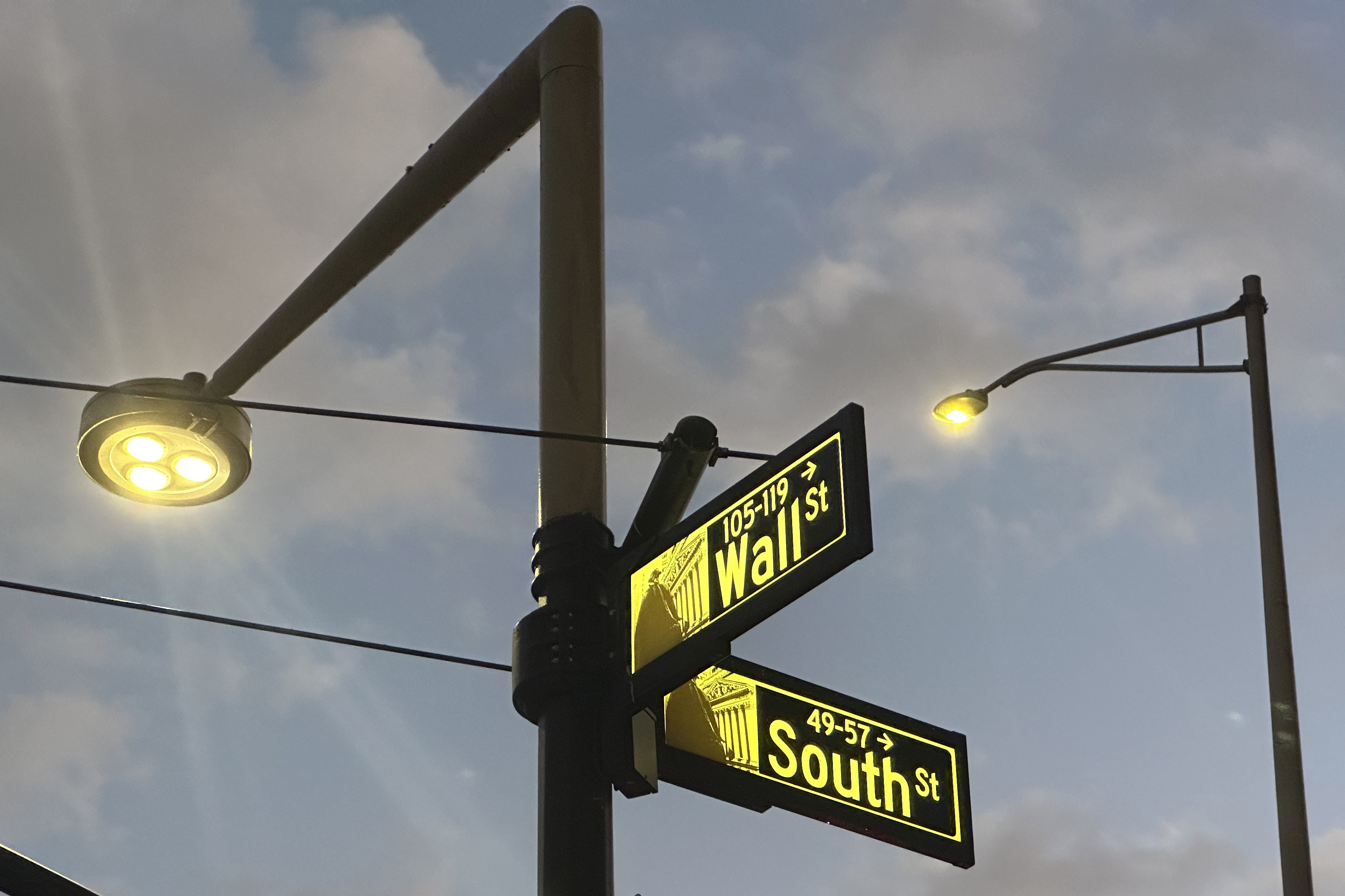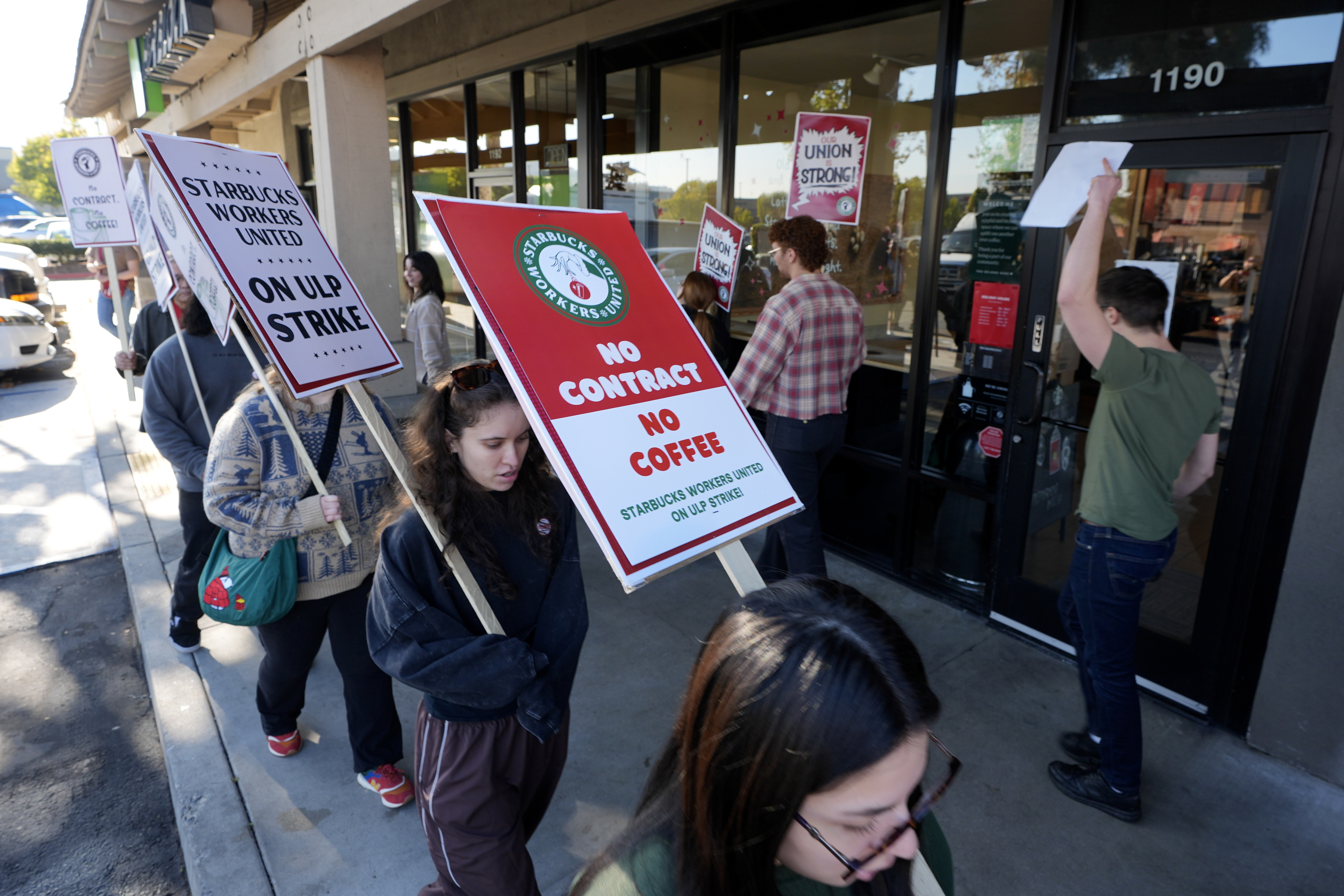HAMPTON ROADS, Va. (WAVY) — A partnership between Sentara Health and local churches could help save lives.
Last summer, Sentara received a $3.4 million grant to study hypertension in underserved communities, and now, the program is up and running, as it is partnering with 10 churches in Norfolk, Newport News and Hampton for the course of the five-year study.
The study is called Pressure Check and there’s 36 participants signed up so far. Doctors particularly want to study hypertension, as it disproportionately affects African-Americans.
“As a cardiologist practicing in this community for almost 32 years, it’s devastating to see these people come to the office and see how high blood pressure affects entire families, particularly African-American families,” said Sentara Health Chief Research Officer Dr. John Brush.
Only four hospital systems in the country are involved in this study, so Sentara is in good company. The others include Massachusetts General Hospital, Houston Methodist Hospital, and Yale-New Haven Hospital.
The CDC said hypertension or high blood pressure impacts 47% of American adults.
“We’ve got treatments for high blood pressure and many, many medications that we can use for high blood pressure,” Brush said, “and we’ve been focused for years on treating people with high blood pressure, and yet 40% of the time we don’t have the blood pressure under control.”
Brush said it disproportionately affects African-Americans.
“It’s more severe in African-Americans and it’s more likely to cause complications in African Americans,” Brush said.
Usually, treatment includes medication, using a blood pressure cuff and changing your lifestyle, but doctors at Sentara are looking to change that while hoping to learn more about how to help those in undeserved communities.
Participants in the program use remote blood pressure monitoring systems and transmit results back to the hospital, and community health workers check in on them often.
Participants will go through phases of the program.
In the first, they will monitor their blood pressure at home and meet with a primary care physician while receiving text reminders.
In the second, they will also have their blood pressure monitored remotely. A dedicated nurse practitioner will meet with them over six months to review, adjust medications and make diet suggestions.
In the third, in addition to meeting with a physician and having their blood pressure monitored remotely, they will meet with a community health worker to talk about social and environmental issues that could be impacting blood pressure.
“Community health workers are those who can help engage patients, talk to patients a little bit more frequently than coming back and seeing a doctor in the office over and over again,” Brush said.
Patients with high blood pressure are more susceptible to complex medical issues like kidney failure, heart failure, heart attacks, and strokes.
Brush said there’s no research proving hypertension is genetic, but he noted that social determinants of health run in families, including education level, physical environment, access to healthcare, stress and nutrition.
“By reaching out through community-based organizations, we are going to be reaching people that we would otherwise not reach,” Brush said. “If we were to wait for people to come to our office or recruit people through standard medical care, we would be missing out on a segment of the population who particularly need our help and our engagement.”
Rev. Geoffrey Guns, pastor of Norfolk’s Second Calvary Baptist Church, said there is a lot of excitement among his congregation, and a lot of hope for the future. Second Calvary Baptist Church is a study partner.
“It will save a lot of lives,” Guns said, “and on top of that, it gives us an opportunity to generationally share information and pass that along to other generations.”
“People think that if we were able to completely take care of high blood pressure in African-Americans, we could reduce the African-American death rate by 30%,” Brush said.
The study has room for 360 participants, so each of the 10 churches has room for 36 people.
For more information on the study, click here.
